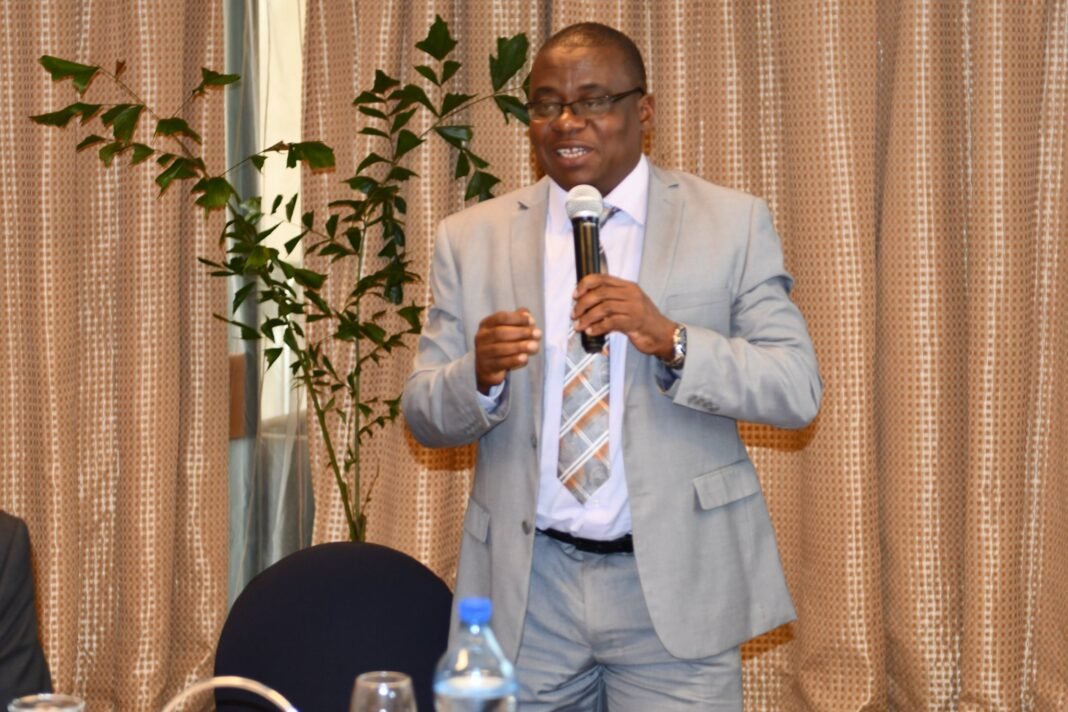New York, 13 March 2024 (TDI): Lansana Wonneh, the Country Representative of the United Nations Women, called on Shamoon Hashmi, the Special Secretary to the National Assembly of Pakistan, for a calculated discussion on partnership and carving the way for effective programs on women’s political participation and leadership in Pakistan.
The political landscape for women in Pakistan is filled with corruption, misogyny, unending political instability, and limited education and training platforms.
Despite the women of Pakistan making up half of the population in the country (49 pc), they still possess a lesser share in senior, executive, and legislative roles, at only 4.5 pc, which is the lowest in the world.
Political Role of Women in Pakistan
Only two in every 10 Pakistani women take part in the labor force, which is also one of the lowest rates in the region. During the 2018 elections, out of the 46 million women who were registered to vote, only 40 percent could cast their vote.
Moreover, women in Pakistan do not constitute a significant proportion whether as voters, candidates, or members of a political party. To shed light on this concern, Pakistan’s Constitution has reserved quotas for women at 17 percent of the seats in both the National Assembly and Senate.
Religious and cultural patriarchy are embedded in Pakistan’s social and political system. Because of this, women in Pakistan occasionally receive criticism for their appearance and do not receive widespread recognition at their home even if they have made a notable contribution.
Tahira Khurshid, a former local district councilor reports that, regardless of what female politicians can do, “considering politics as a career is still unusual” for the women in Pakistan. She further goes on to report that “Women as voters and candidates have always been fewer. Issues with mobility, security, and patriarchy have limited opportunities.”
Also Read: Event on Pakistani Women’s role in Nuclear Science held in Vienna
Advancement of Women’s Role in Politics
In the history of Pakistan’s constitution, the Devolution of Power Plan (DOPP) of 2000, paved the way for an enhanced political representation and progression for women in politics in Pakistan. Under this constitution, the government held the 2001 and 2005 elections.
A record number of women participated in these elections and introduced inclusive campaigns throughout Pakistan. Through this, women were allowed to attain a significant number of reserved seats. The implementation of women’s participation in local administration is a measure of women’s empowerment.
The path forward to an inclusive gender approach includes encapsulating a “zipped” closed-list proportional representation system for electing councilors at the upper levels of local government. This would put forth the goals of gender equality and representation of women.
Furthermore, this public relations mechanism will fill every closed list of alternate seats with a woman. This will ensure quotas while appointing women on the same ballot as other candidates. Through this, women will be accorded equal access to party resources and other support operations.
On March 8, the UN Resident Coordinator Office in Pakistan, UN Women, and the Embassy of Denmark held an International Women’s Day Gala in Islamabad. T
he Gala underlined the significance of investing in women to carve a safer and enhanced future for women in Pakistan.
The title of the Gala was “Empowering Women: A Smart Investment for Pakistan”. It was set up on this year’s IWD theme “Invest in Women: Accelerate Progress”.
Moreover, the event highlighted that strengthening the role of women economically and making sure that women’s and girls’ rights across every aspect of life are realized, is the sole way forward toward a fair economy and an all-encompassing society.
“As we celebrate women this year, we must put a special emphasis on their economic empowerment. We will spotlight the significant positions and impactful contributions made by women and girls in reshaping the economic terrain,” reported Lansana Wonneh, UN Women’s Country Representative.
Moreover, the Strengthening Women’s Political Participation initiative was created over a long struggle for women’s rights in Pakistan. Raising Her Voice (RHV) was one of the first global campaigns to shed light on the visible and invisible structural causes of gender injustice.
It targeted to challenge social norms, empower women, raise their political participation, and change government policy. RHV has been able to benefit more than 187,000 women in Pakistan. This action has also been able to lead to transformative change at both the national and global scale.
To track the political role of women in Pakistan, it is important to trace their legislation, implementation, and ministerial positions as a measure of their political empowerment.



